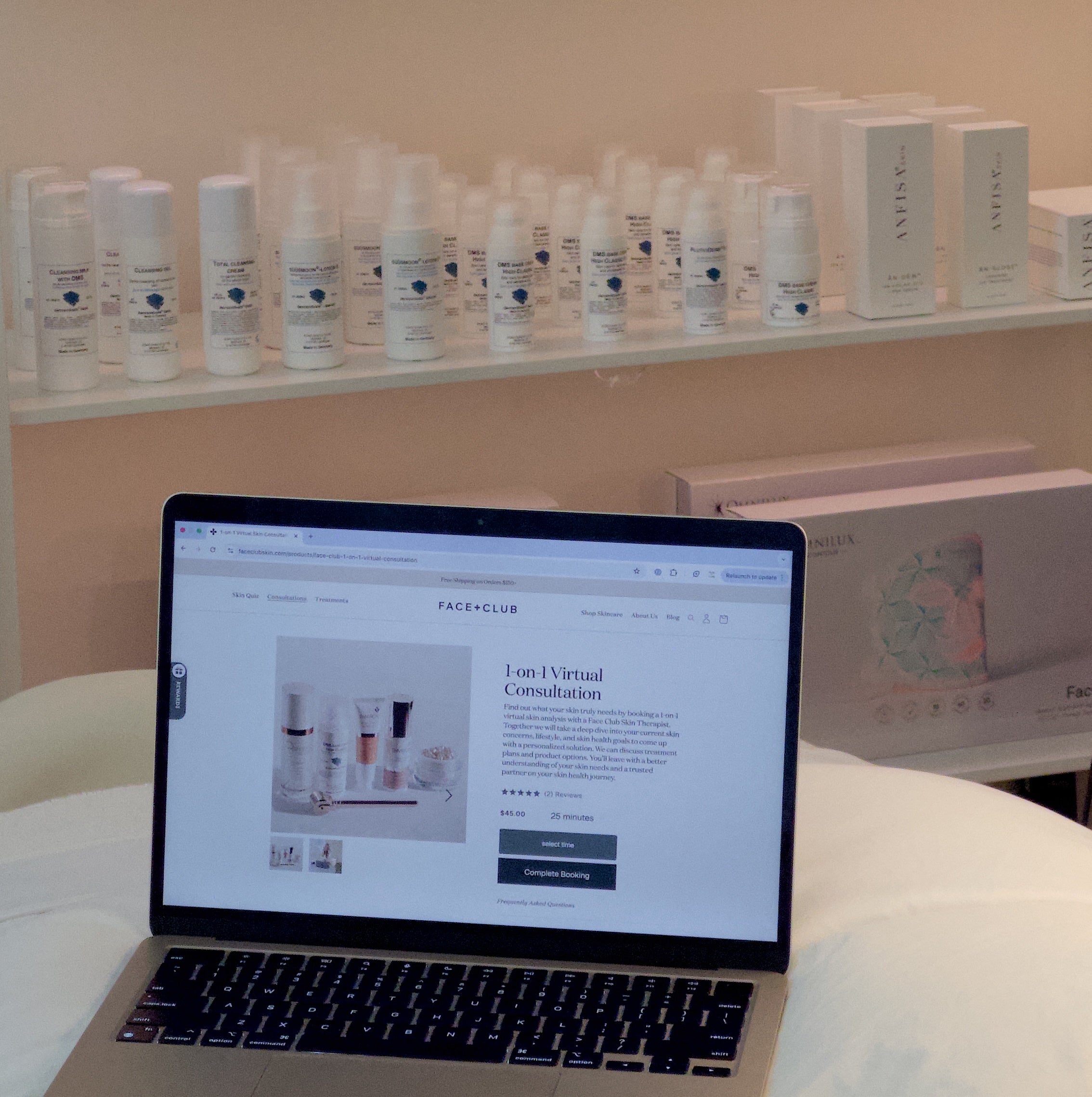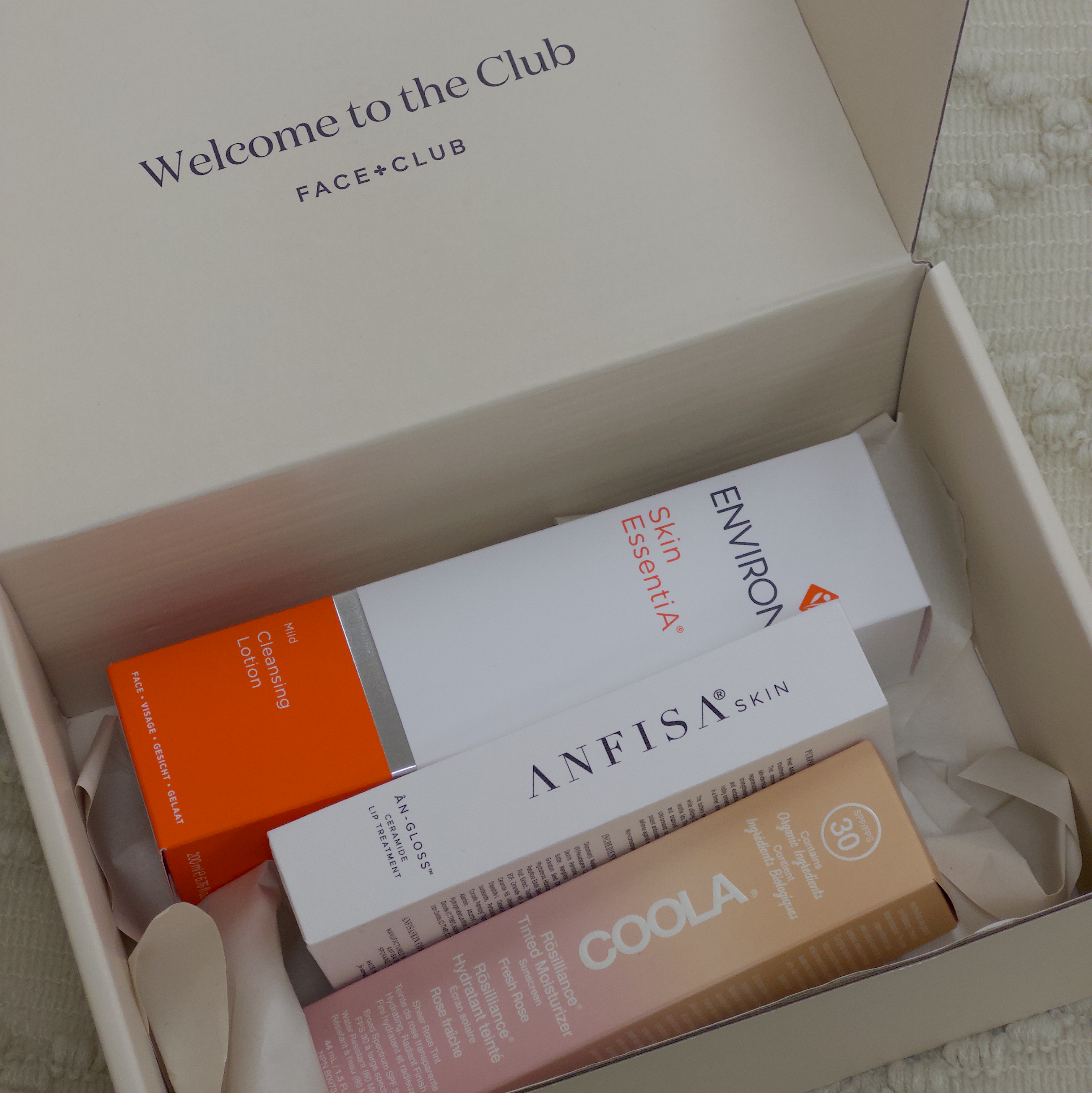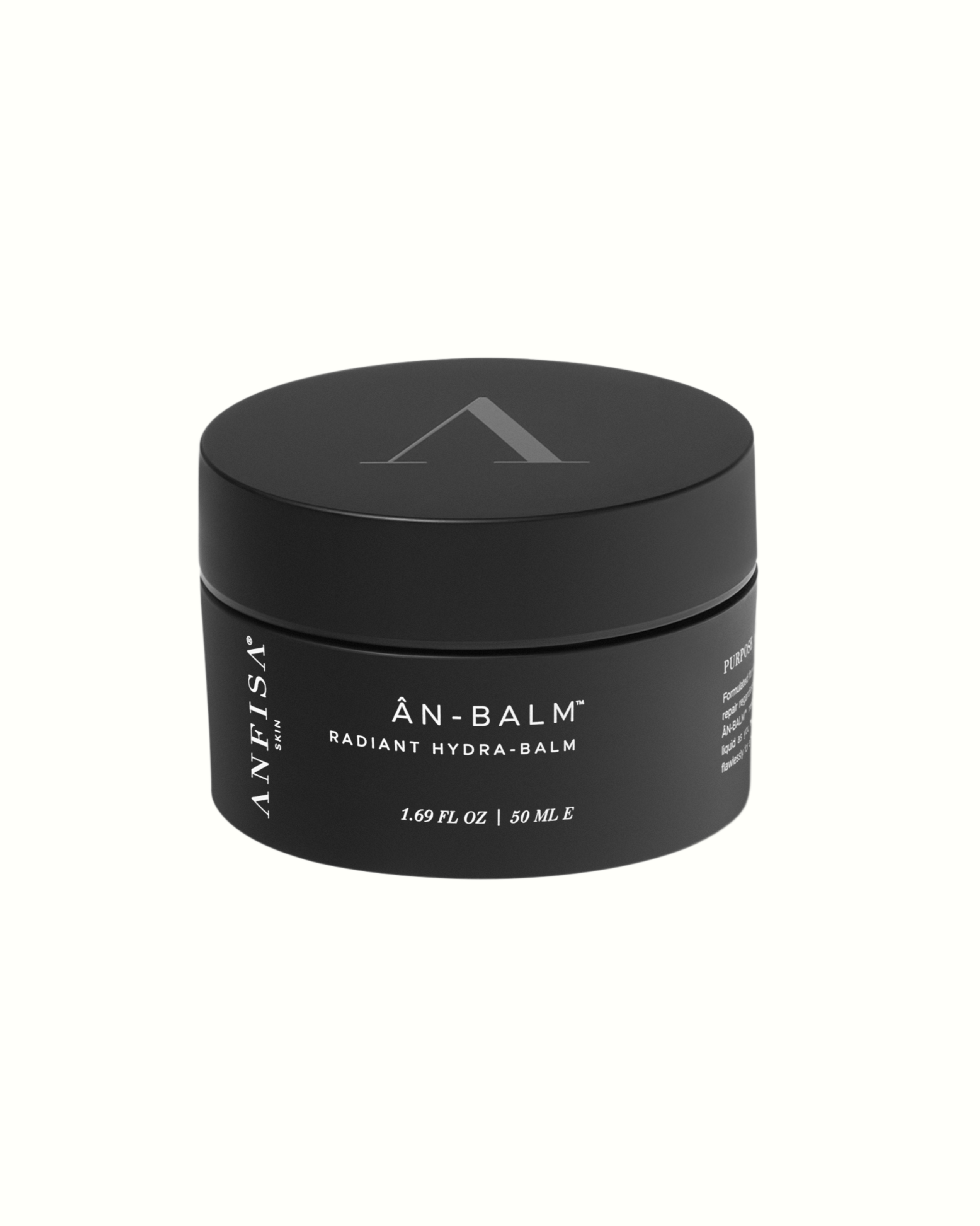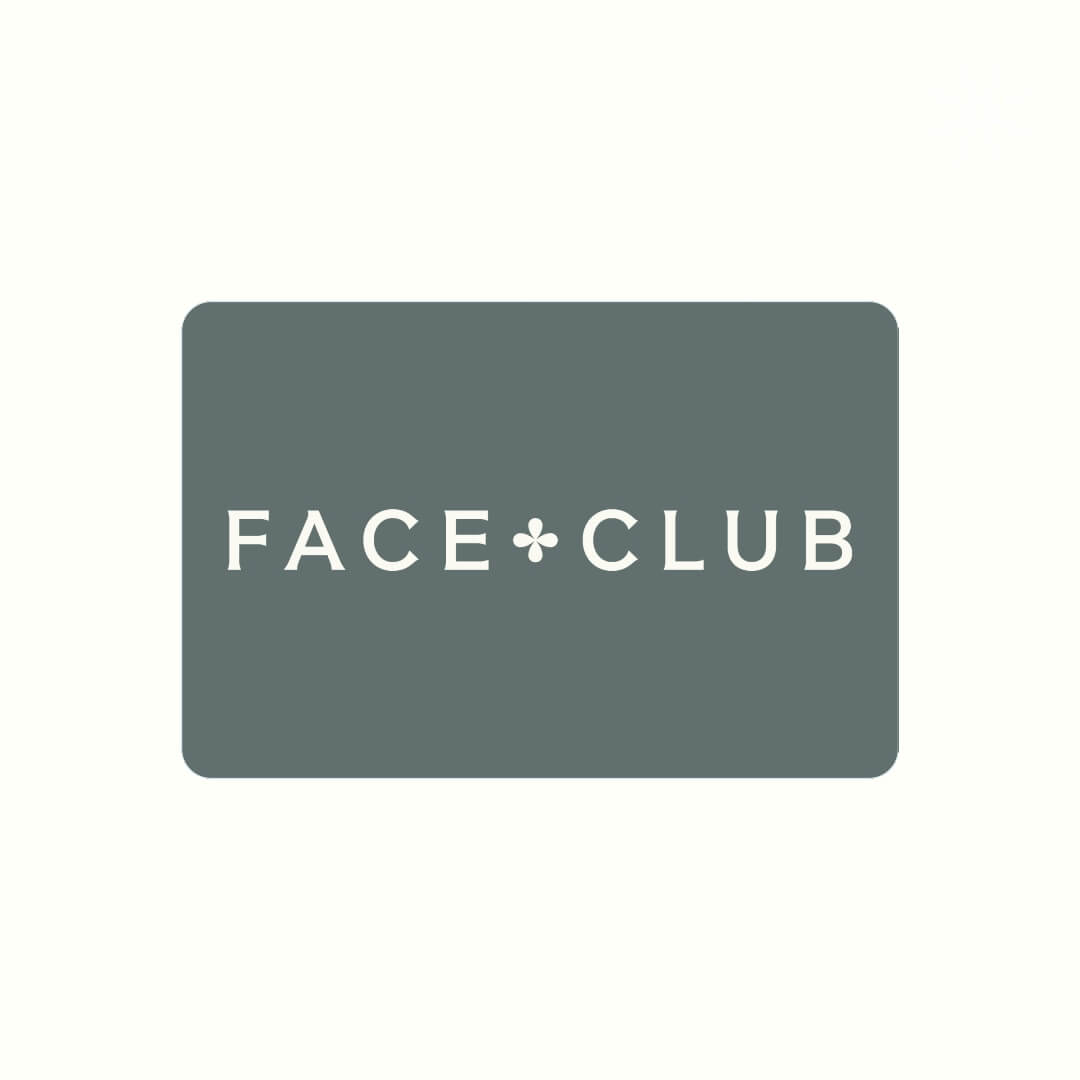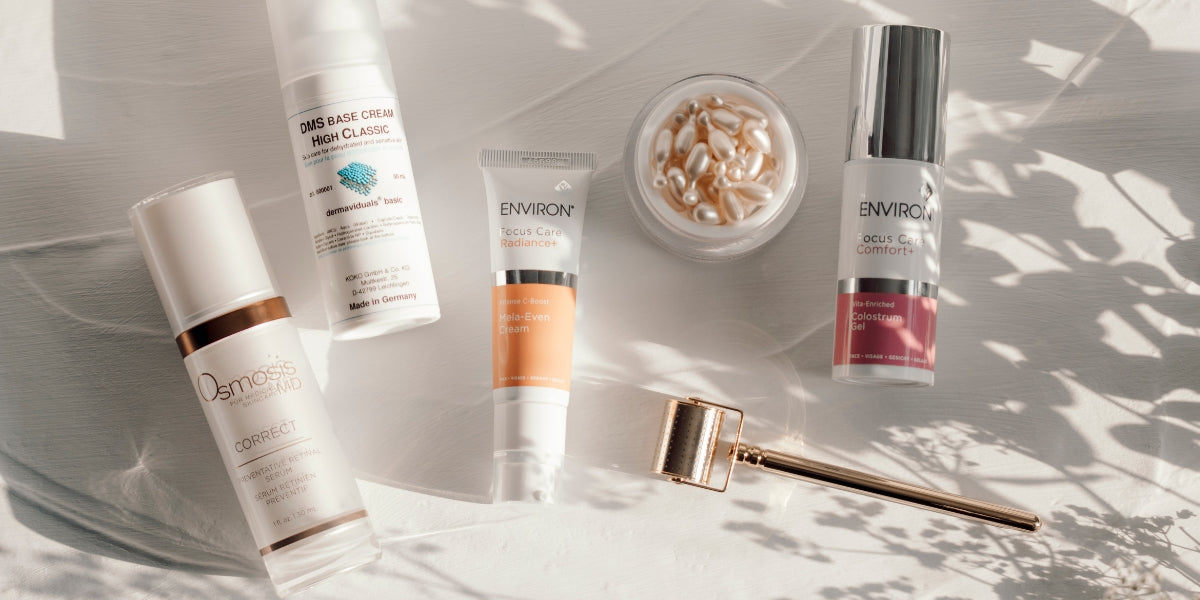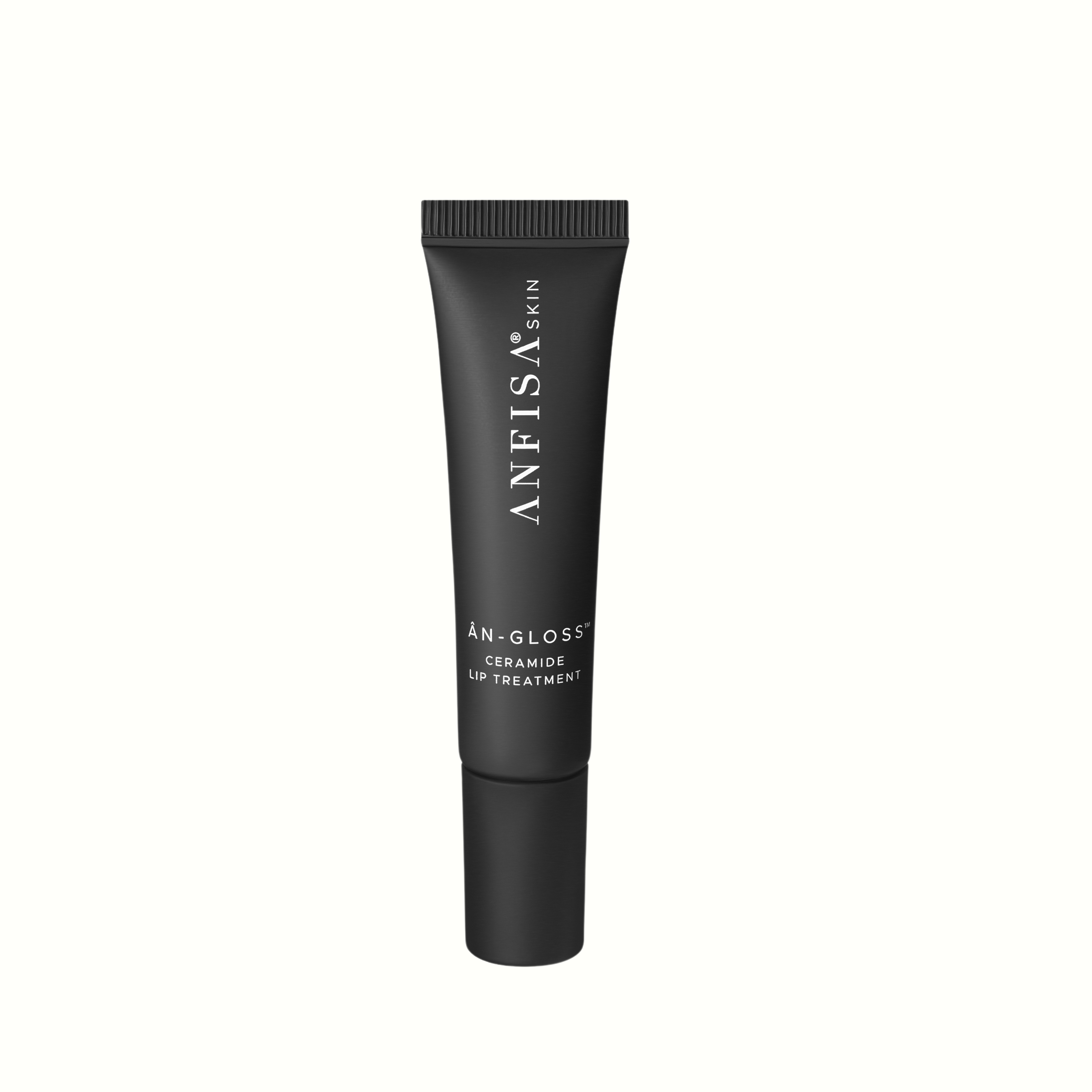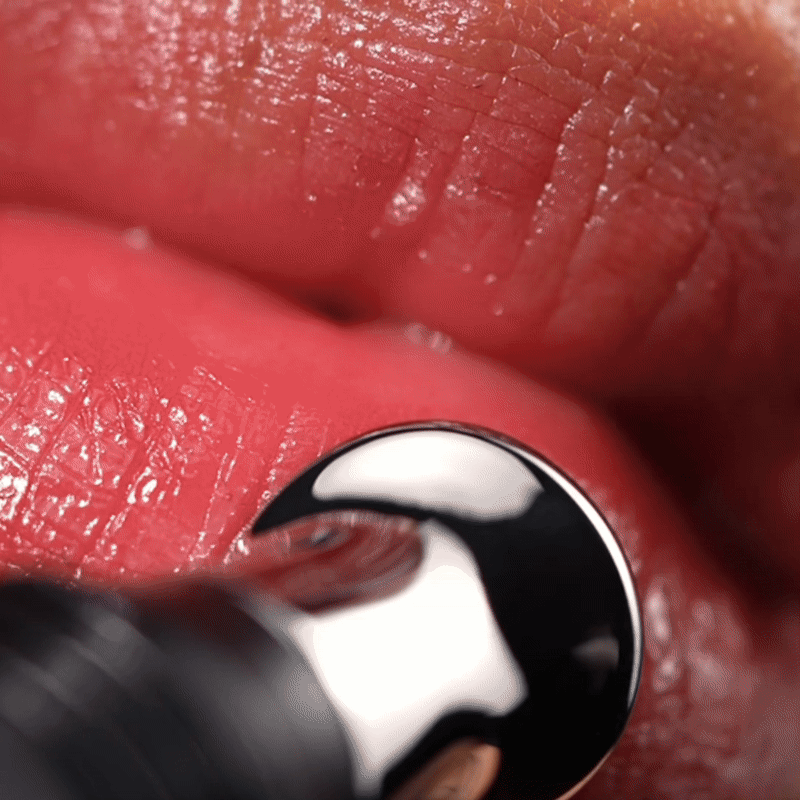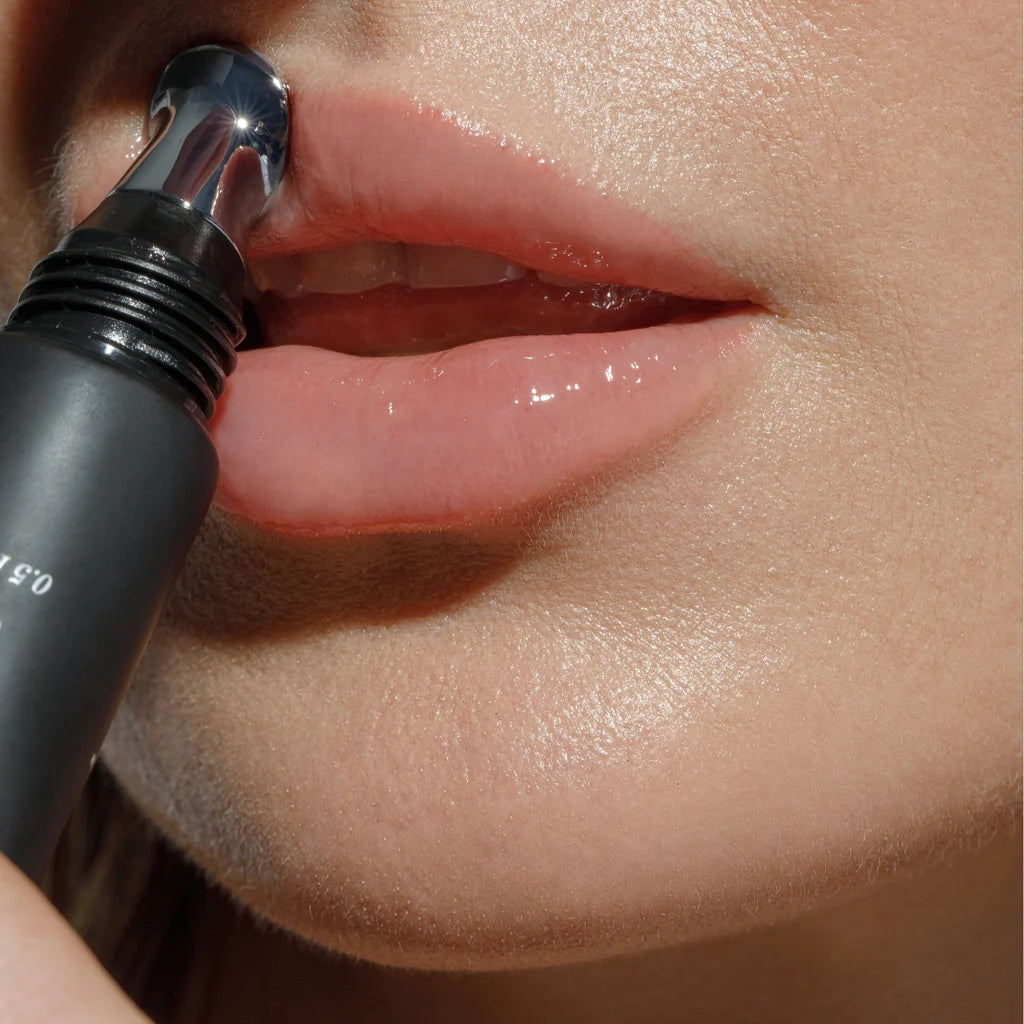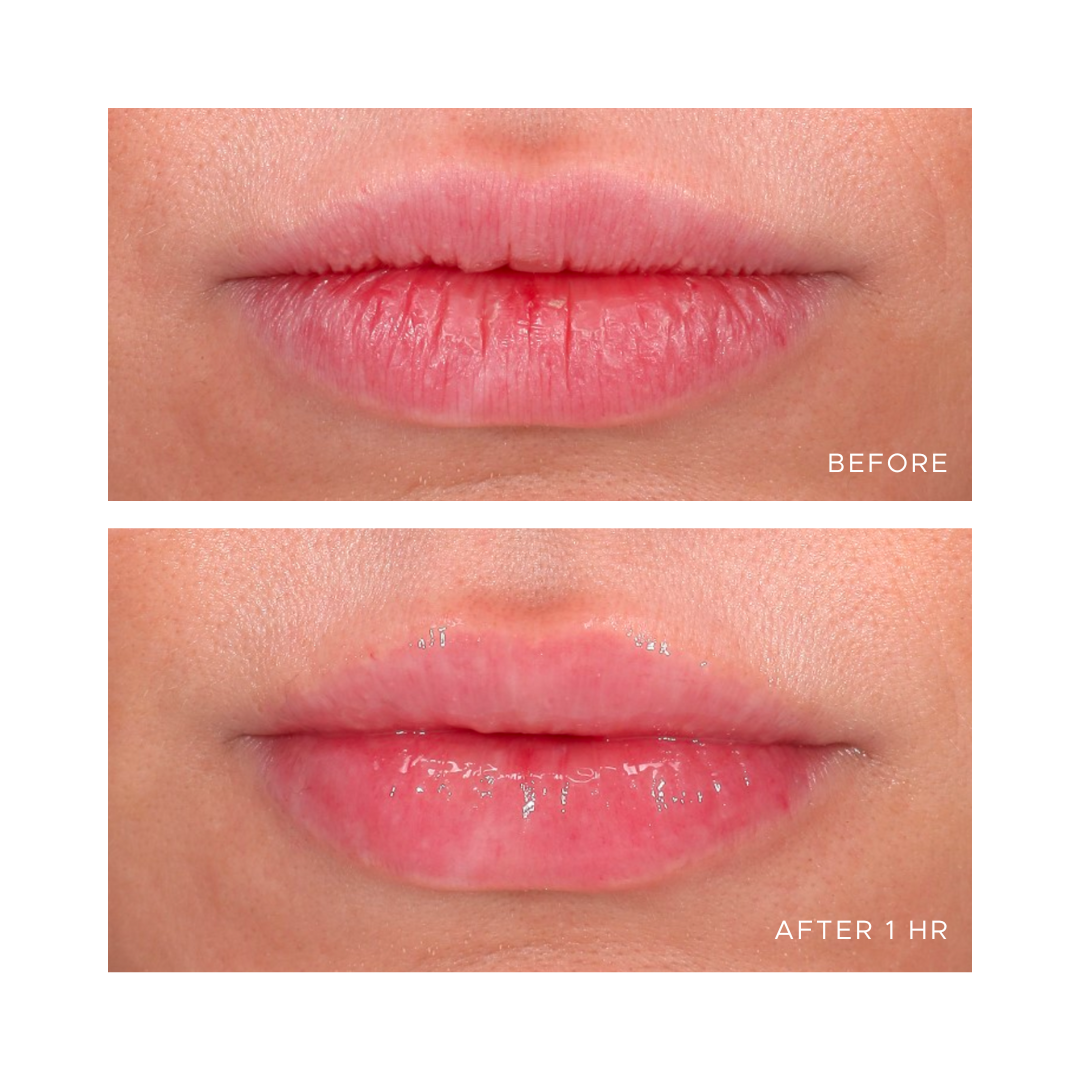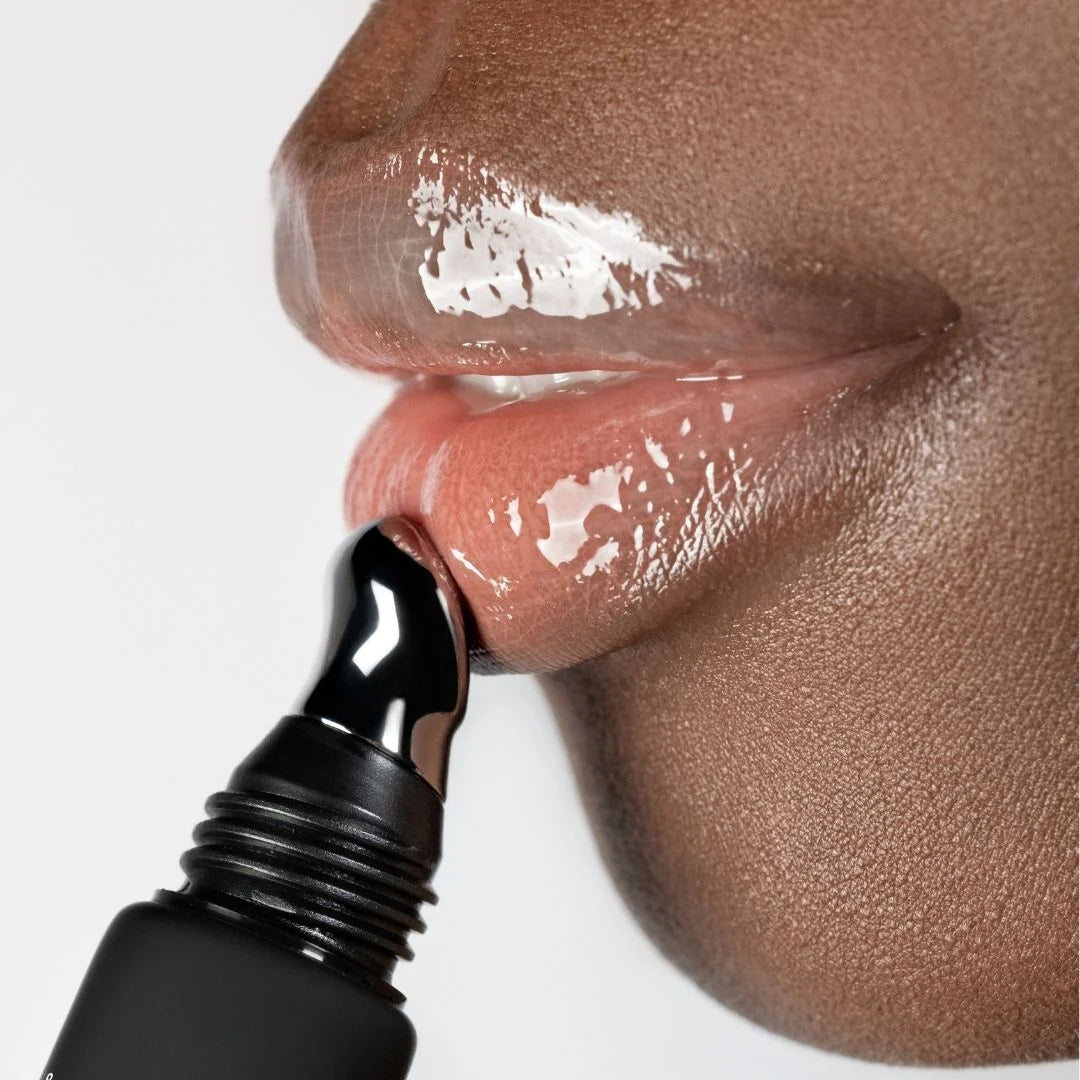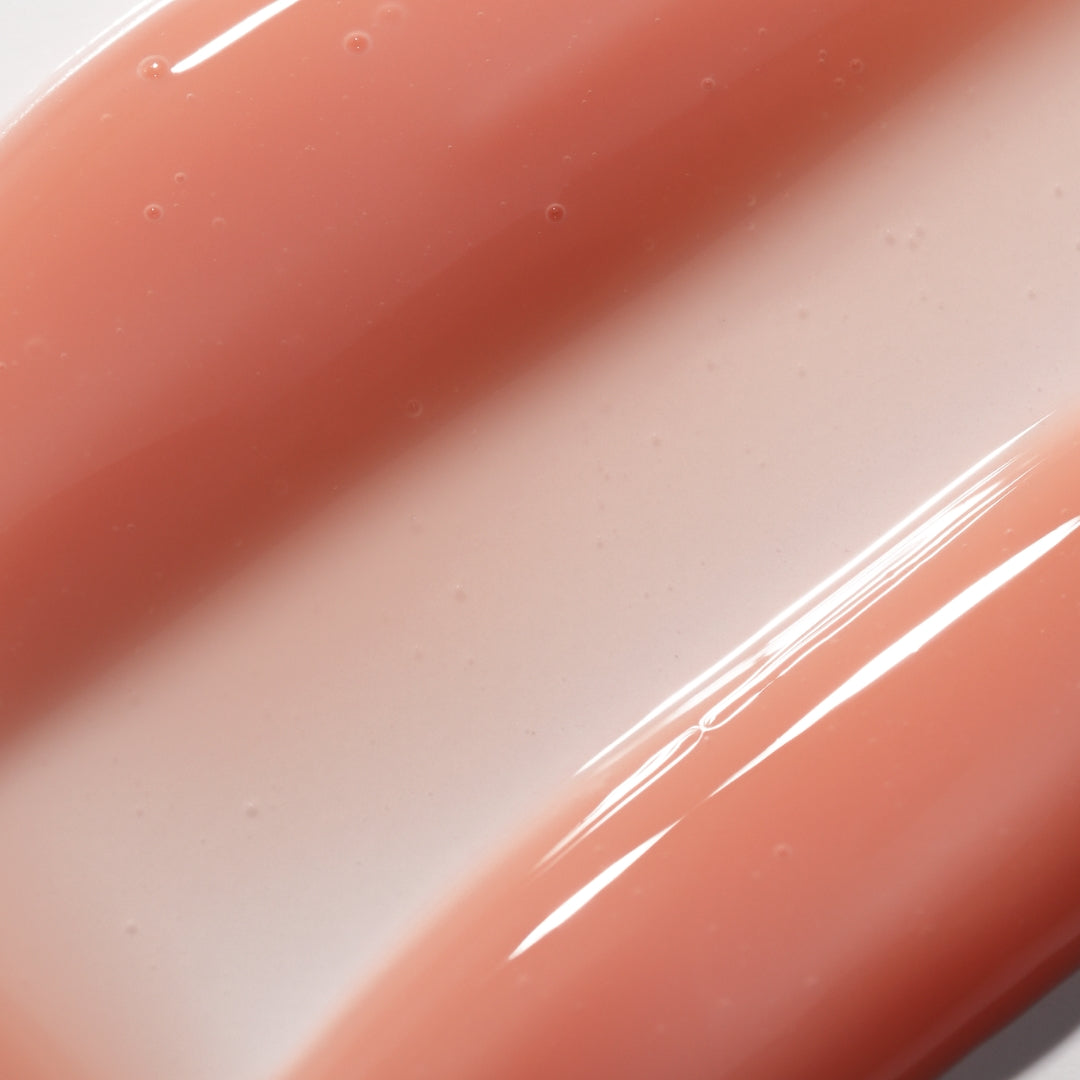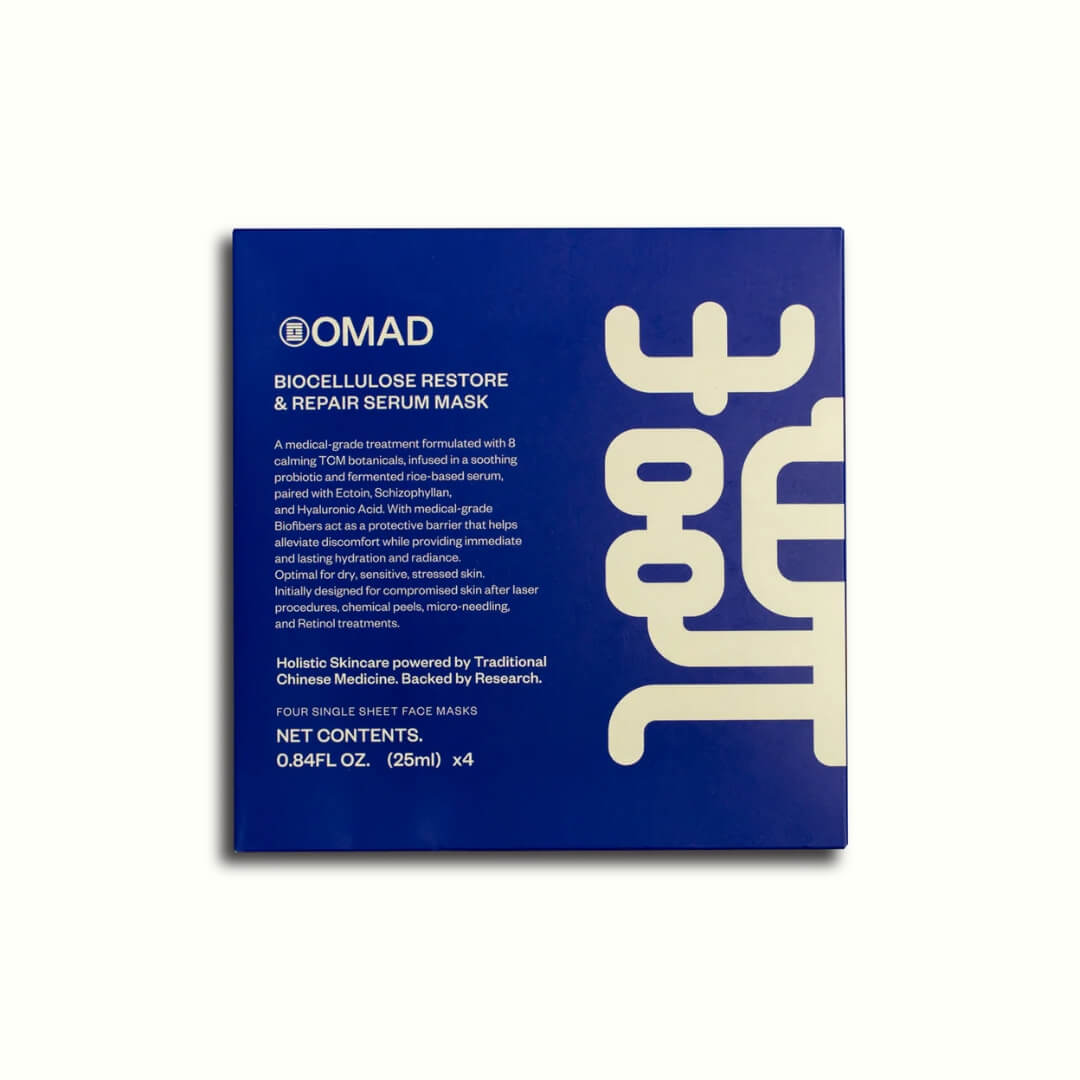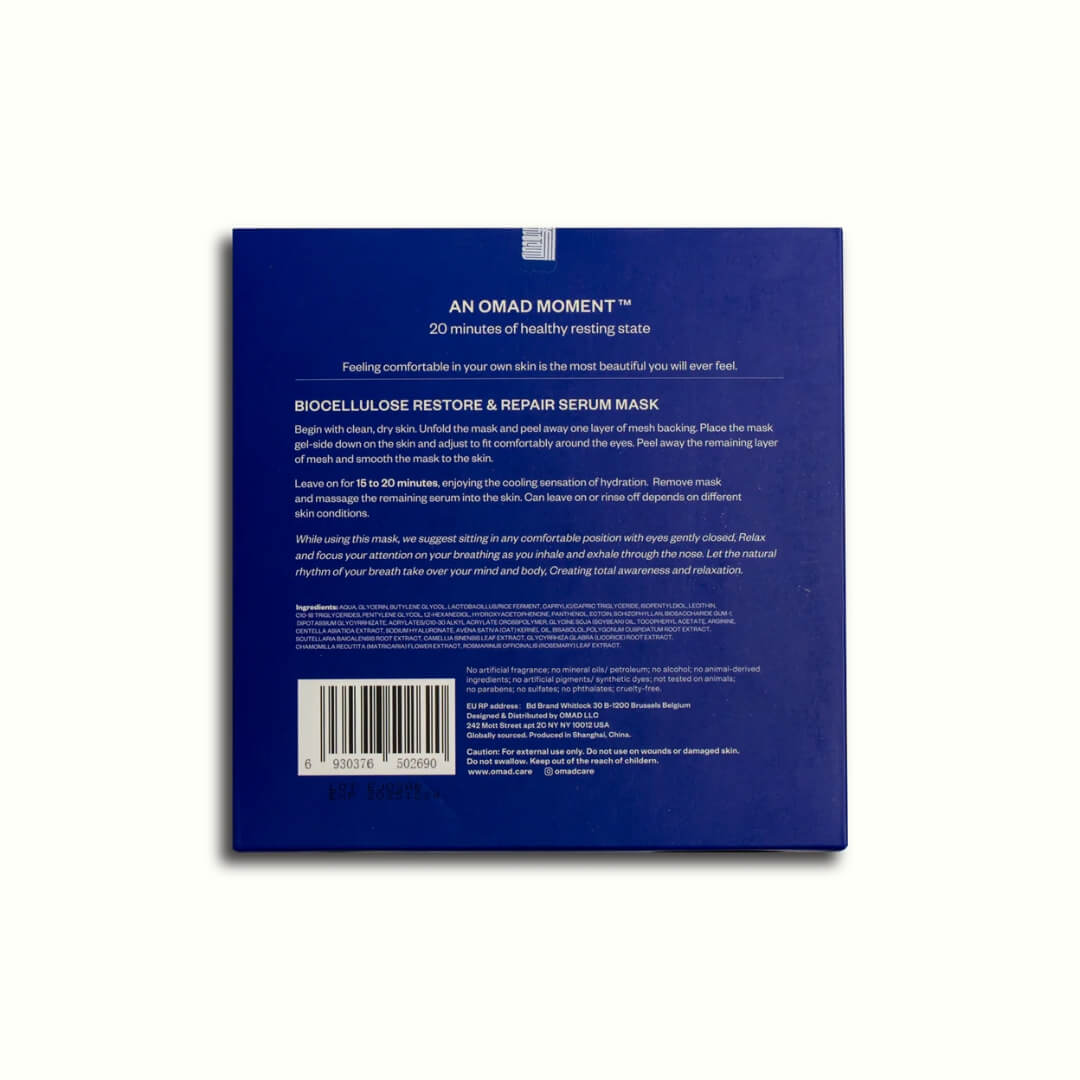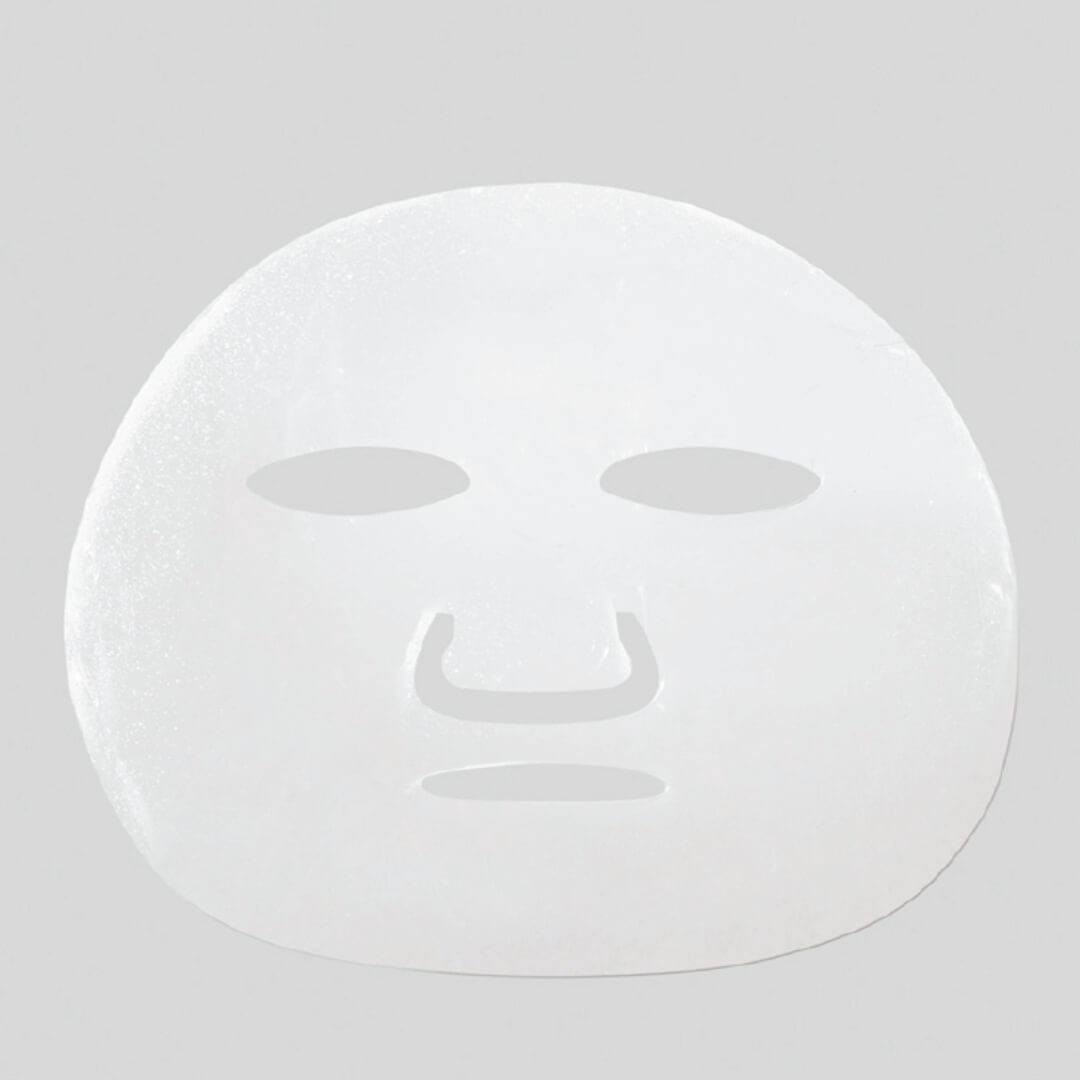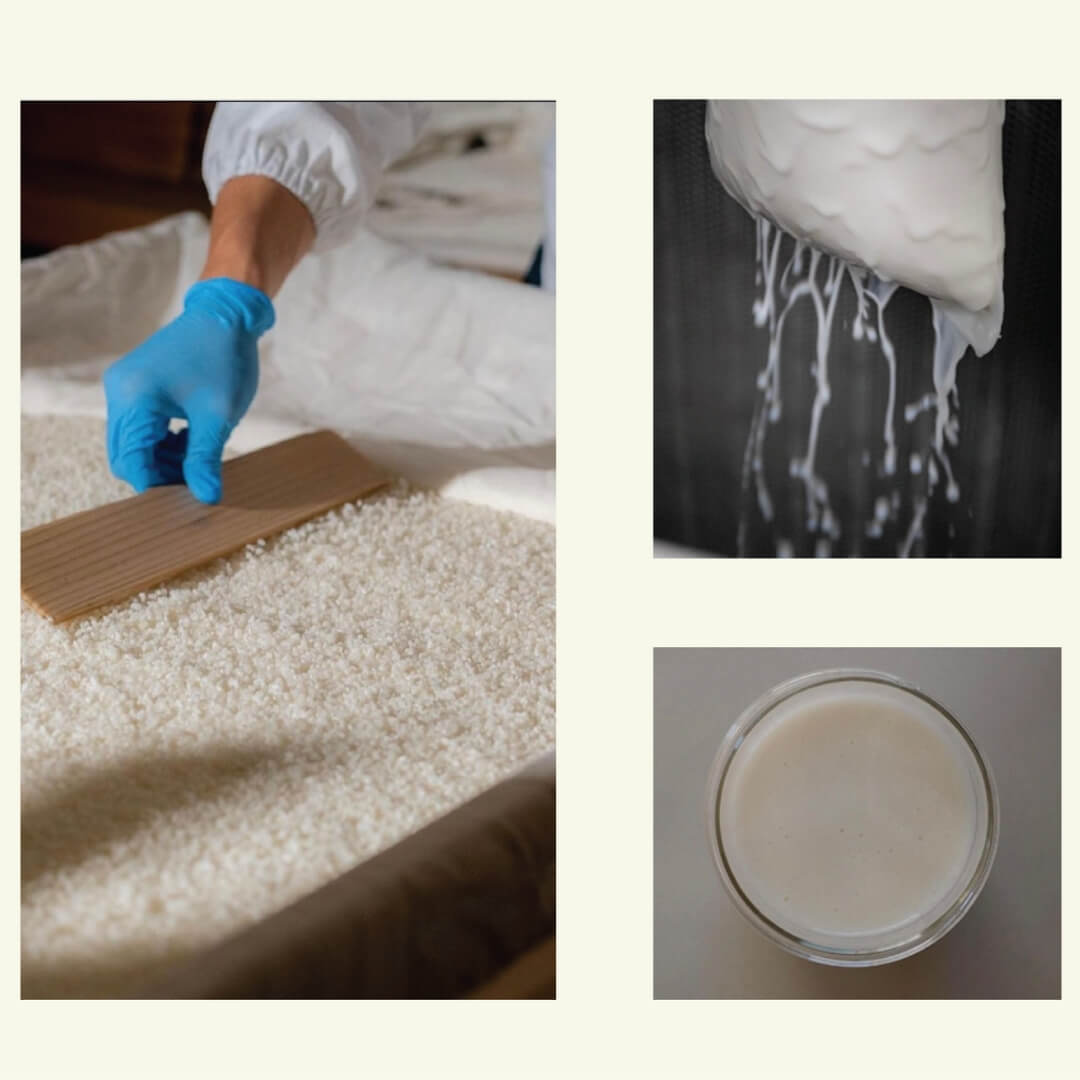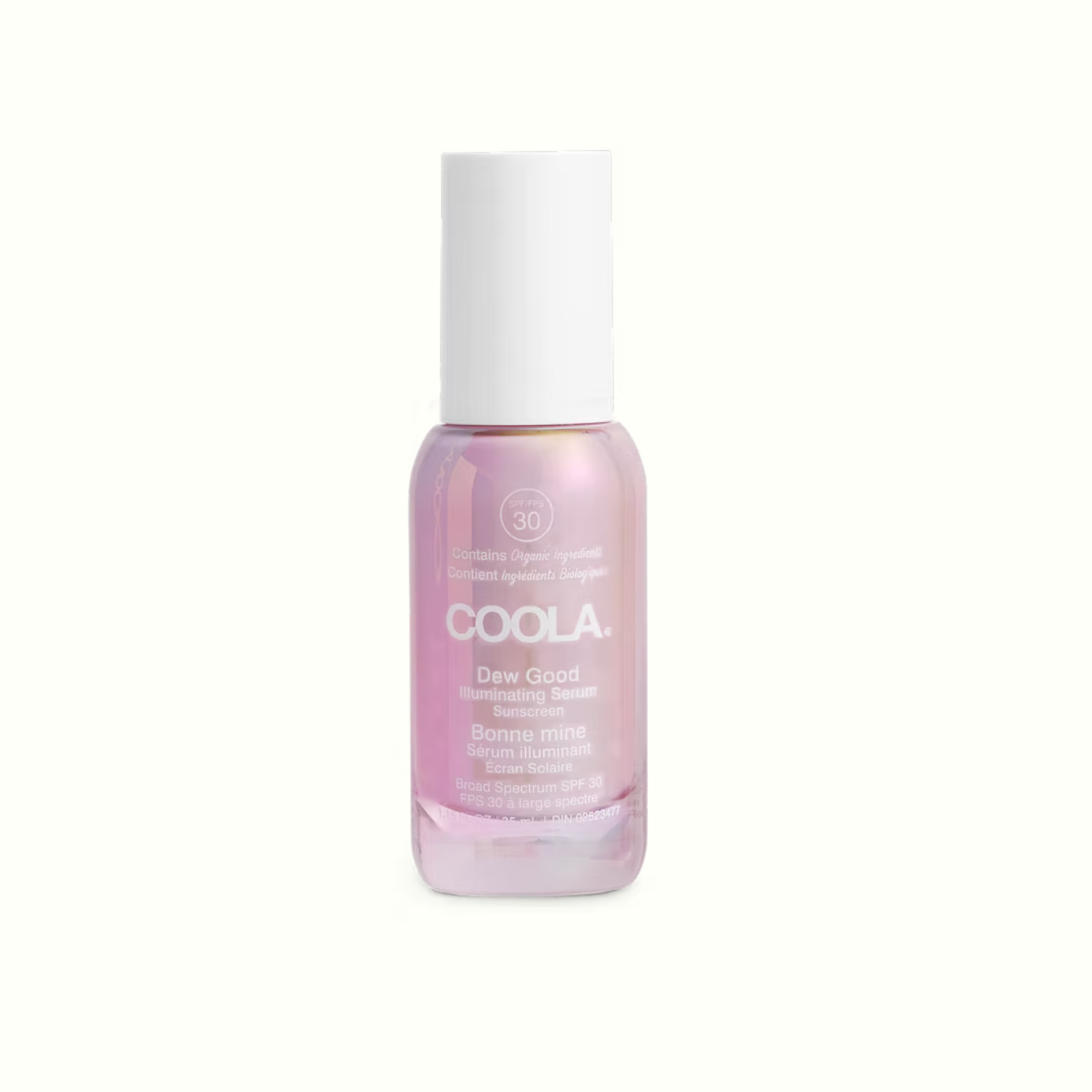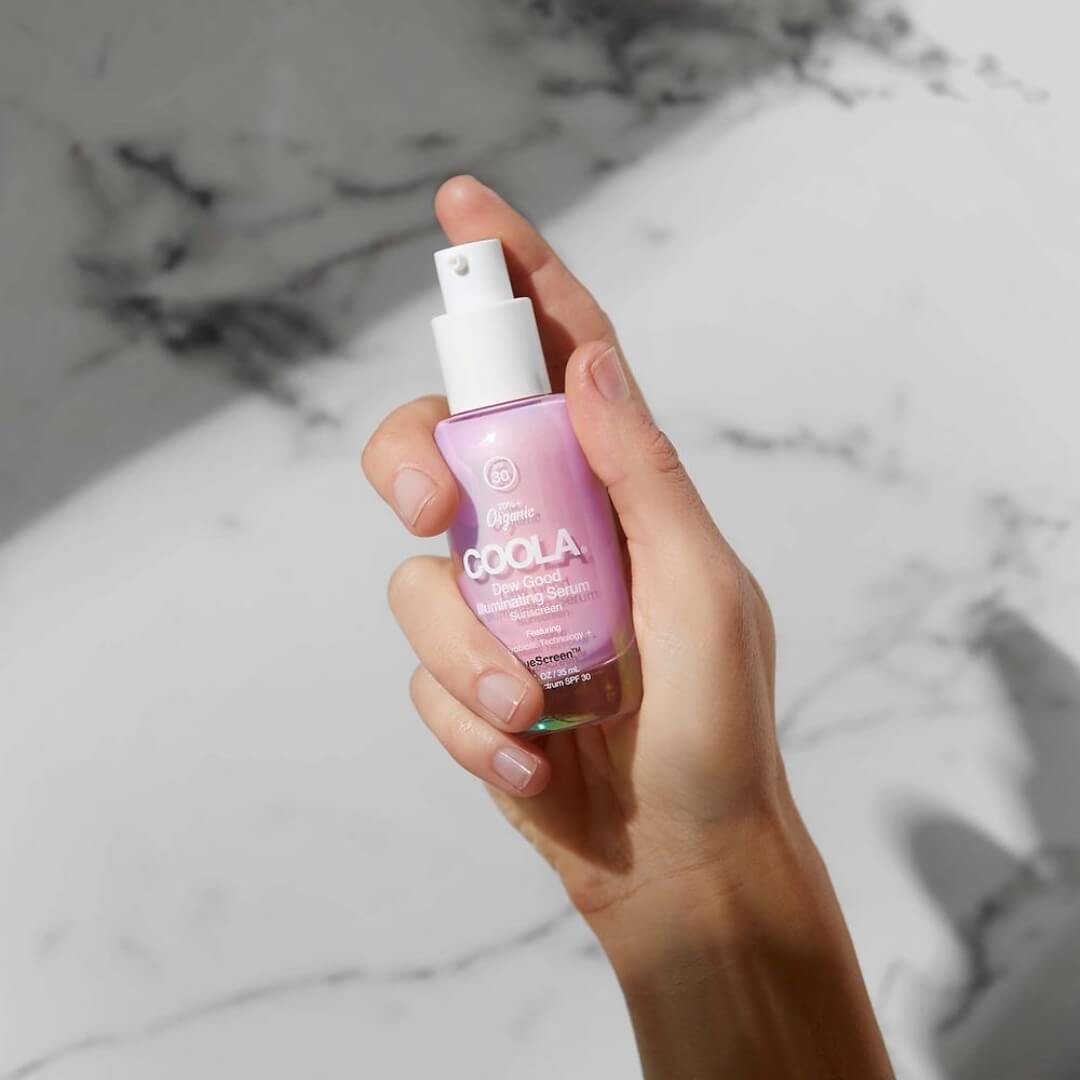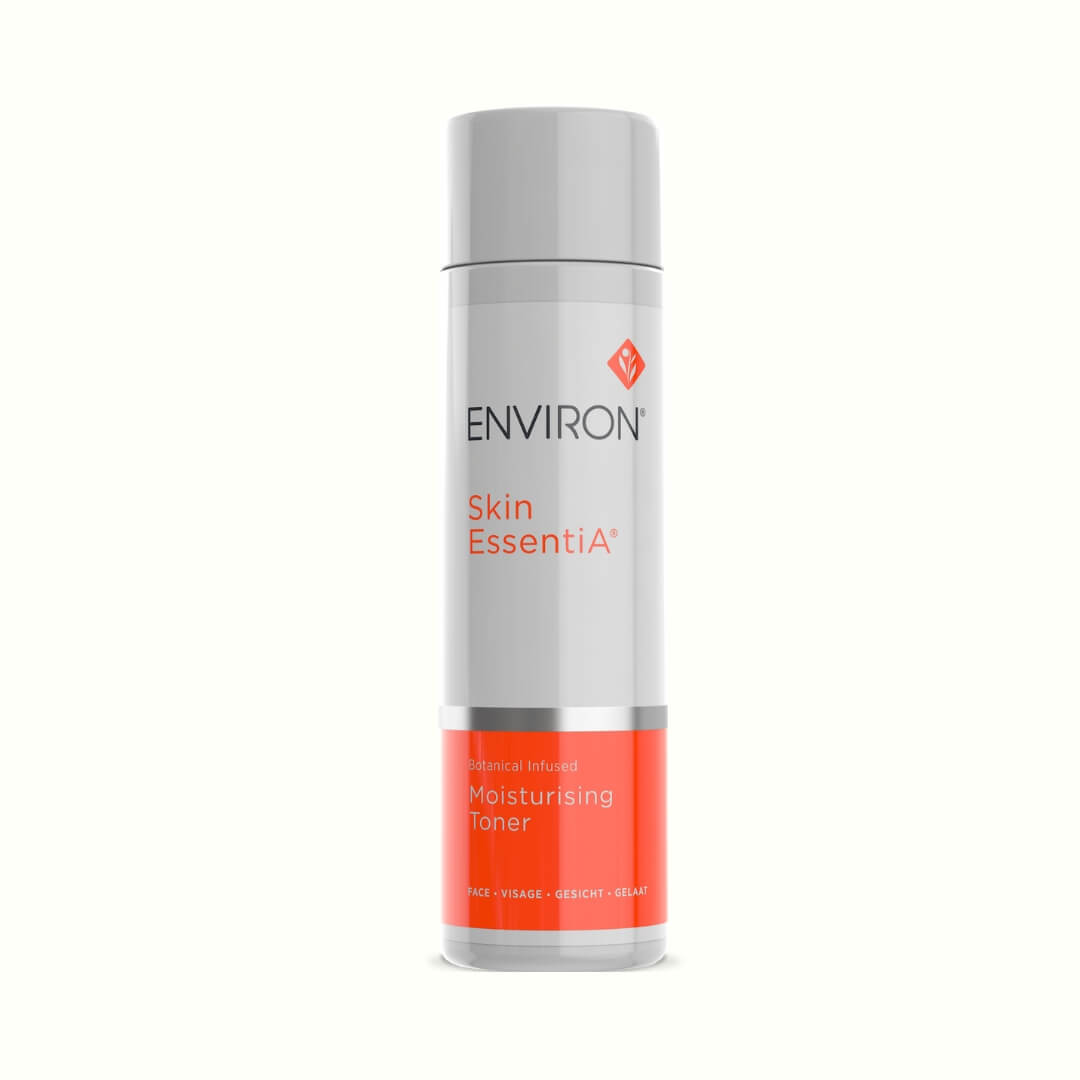What does Retinol do to your skin?
Retinol is a derivative of Vitamin A, and is one of the most widely known ingredients in the skincare world. This is because Vitamin A has the most scientific backing of any other skin care ingredient, recognized as one of the only active ingredients that creates a physiological change in the matrix of the dermis. It is effective in treating fine lines & wrinkles, acne, hyperpigmentation, and more. This is because topical Vitamin A works by increasing cellular turnover, inhibiting melanin production, and synthesizing collagen & elastin.
When discussing Vitamin A it’s important to note its different forms and the conversions that occur for it to be used effectively by the skin. When applied topically, all Vitamin A needs to convert to Retinoic Acid in order to bind with the retinoid receptors in the skin. This is where the magical results come in.
What is a Retinoid Reaction?
A retinoid reaction occurs when too high of a dose of Vitamin A is applied to the skin and the retinoid receptors become overstimulated. This can lead to redness, flaking, burning, skin barrier impairment, and sensitivity. This reaction usually subsides with time, but can cause quite a bit of discomfort. We avoid this by only working with non-irritating retinoids like Retinyl Palmitate and Retinaldehyde.
Retinyl Esters
Retinyl Esters include retinyl palmitate, retinyl acetate, and retinyl propionate. These are produced by adding a fatty acid to retinol which keeps the molecule from oxidizing. These forms need three conversions to become retinoic acid, meaning they are much less irritating than other forms of Vitamin A while still providing all of the skin-loving benefits. The ester forms are an easy way to increase the amount of Vitamin A receptors in the skin (when the skin doesn’t have enough receptors is when irritation occurs).
Our Favourites: Environ AVST Moisturiser 1 and Environ C-Quence Serum 1
Retinol
Retinol is a cult favourite for anti-aging skincare. This is the alcohol form of Vitamin A and is two conversions away from retinoic acid. Retinol absorbs quickly and is especially effective in treating collagen degradation, hyperpigmentation, and stimulating glycosaminoglycans. Retinol can cause temporary irritation if the skin doesn’t have enough receptors to receive it, which is why we recommend introducing after acclimating the skin to the AVST Step-Up System. It’s important to wear SPF as retinol is photosensitizing.
Our Favourite: Environ Concentrated Retinol Serum
Retinal
Also known as retinaldehyde, this form of Vitamin A is one conversion away from retinoic acid. Retinaldehyde has been shown to have a less sensitizing effect on the skin than retinol, despite being more potent. Studies show that it works at stimulating collagen 11x faster than retinol. We love using retinaldehyde to treat hormonal acne and acne scarring as it is non-inflammatory yet still encourages cell turnover to improve texture and congestion. It is also effective in treating fine lines and wrinkles.
Our Favourites : Osmosis Correct and Osmosis Clarify
Retinoic Acid
Retinoic acid is the acid form of Vitamin A and has gained great popularity under the brand names Retin-A and Tretinoin. This pure form of Vitamin A require no conversion to retinoic acid and is only available via prescription by a physician or dermatologist. It is commonly used to treat acne, advanced aging, and scarring. It can be highly irritating and photosensitizing (think flaking, redness, burning, and itching). The Vitamin A is “rushed” into the skin therefore it doesn’t always provide the best results.
What age should I start using Retinol (Retinoids)?
It isn't recommended to start using retinoids until your 20's. Since it is a preventative measure, you can start incorporating it into your routine before you notice visible signs of aging. Retinoids are also extremely effective in treating acne so often teenagers are prescribed topical retinoids if they are experiencing breakouts.
Which one do I choose?
Vitamin A can be transformative, but can also be too intense if used incorrectly. This is why we recommend taking the Face Club Skin Quiz or booking a 1-on-1 Consultation with one of our Skin Therapists to determine which Vitamin A product is the right choice for you and your skin.

